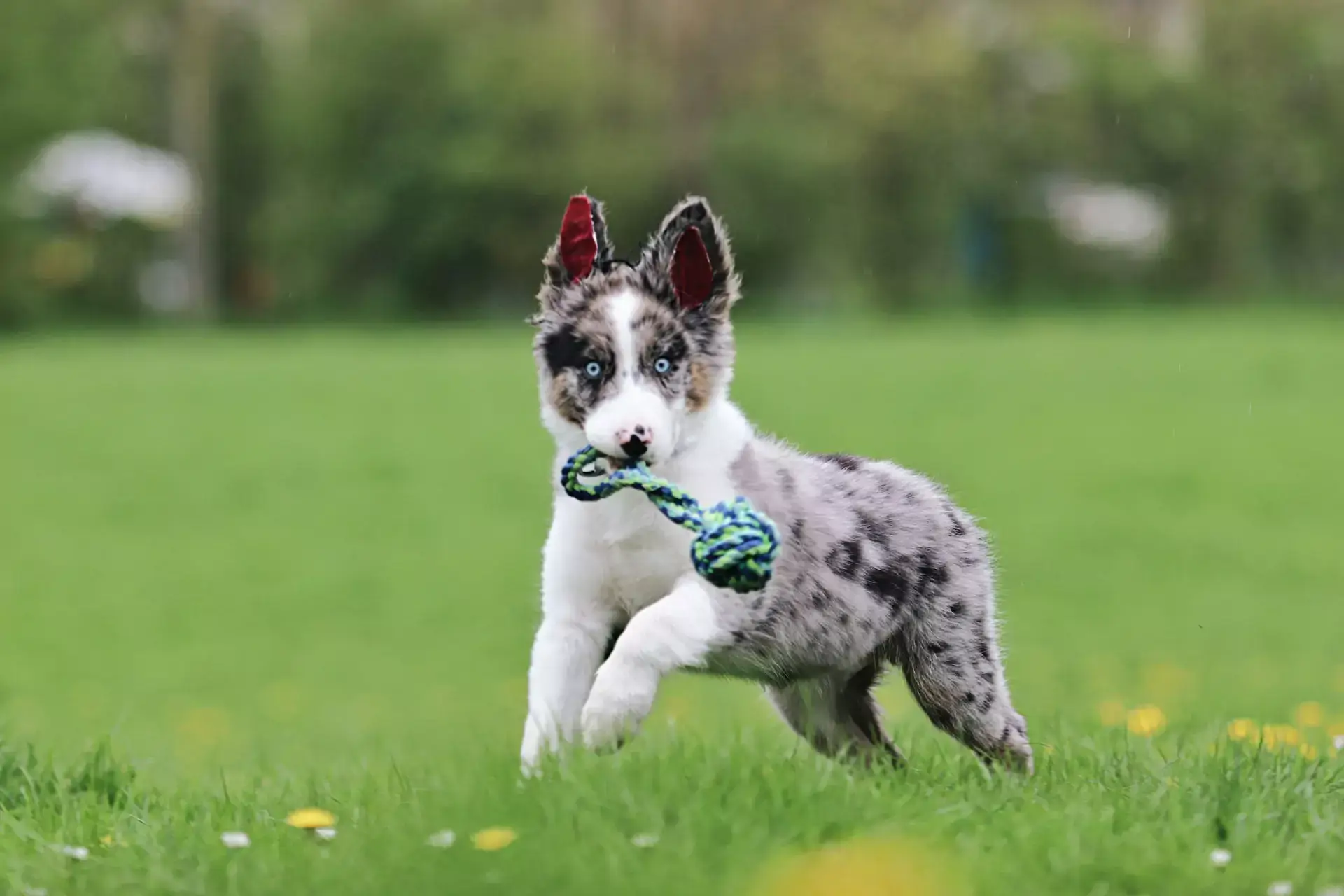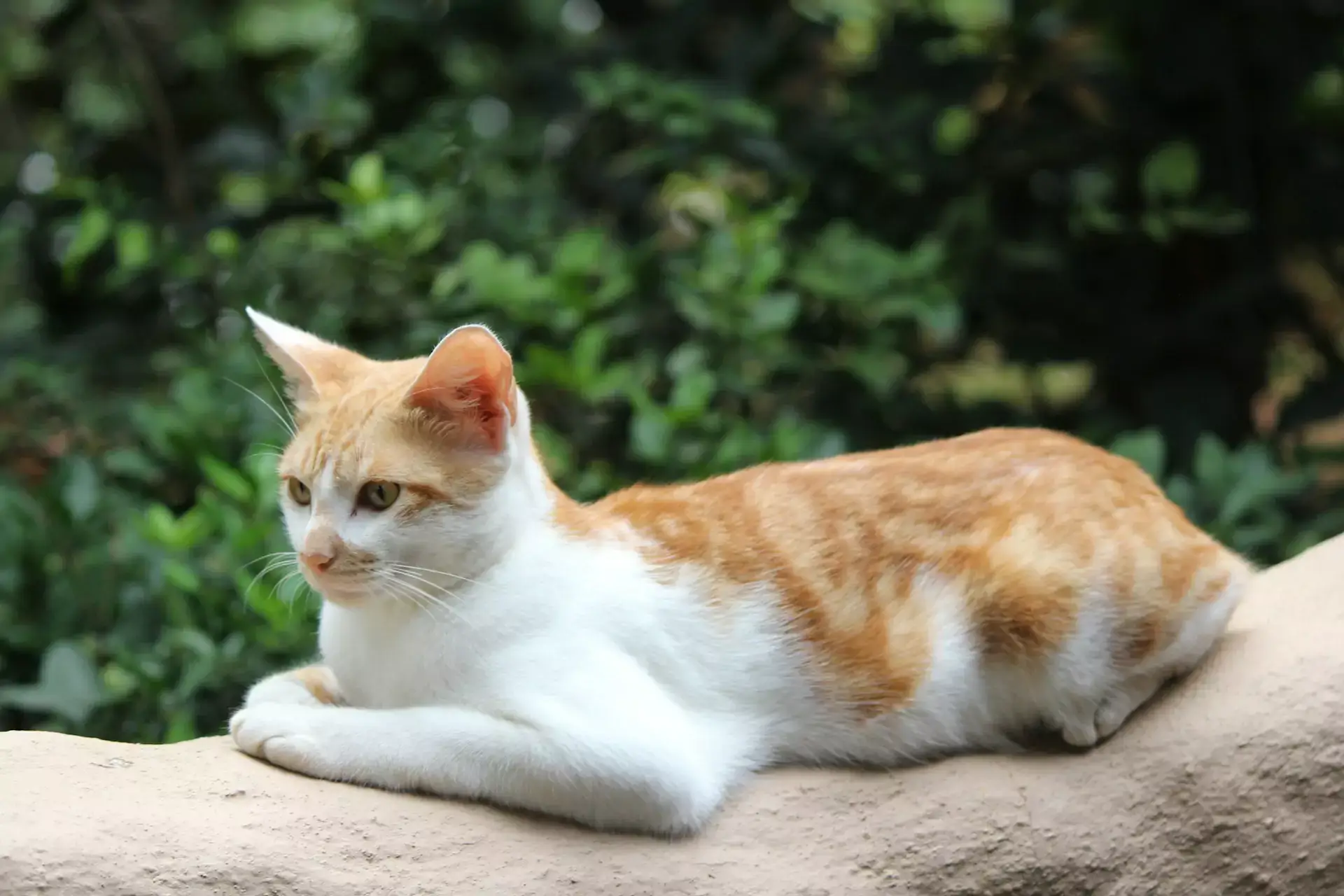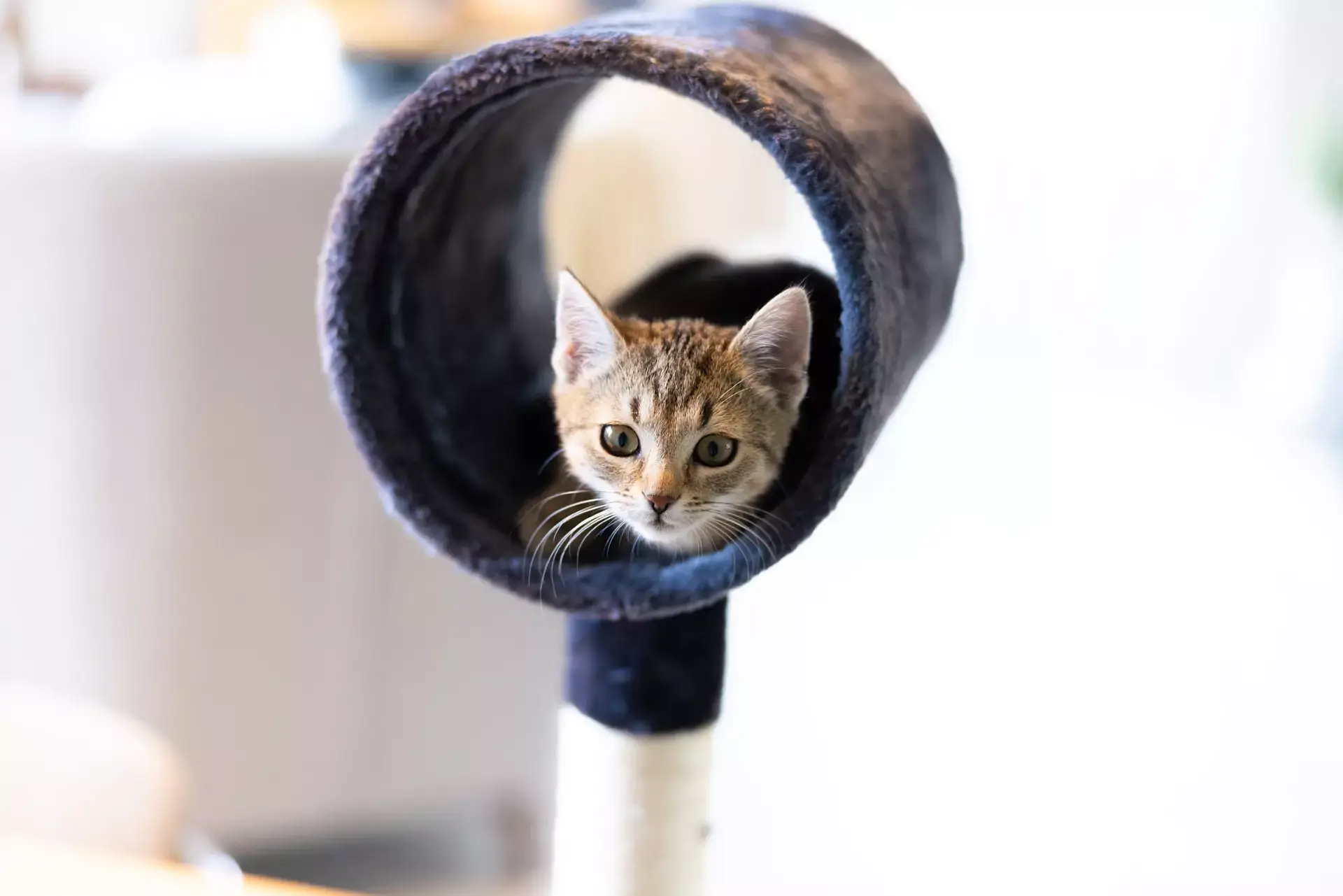Get To Know The Australian Shepherd
Happy New Year! One of our first plans for the year is to honor a very special dog, the Australian Shepherd. January 9th is Aussie Day! A local Pipe Creek, TX vet goes over some basic breed information about the Aussie in this article.
Basics of the Australian Shepherd Breed
Working dogs, such as the Aussie, tend to be strong, loyal, and very smart. Fido is no exception! The pooch belongs to the AKC’s Herding Group, which also includes German Shepherds and Corgis. They usually weigh between 40 and 65 pounds, and can be as tall as 22 inches. They can live 12-15 years with good care.
Where Is The Australian Shepherd From?
This may seem obvious. After all, breeders often name pups after the region they originated from. There are numerous examples of this, including the German Shepherd, Labrador Retriever, and Bouvier des Flandres, who will celebrate his own special day on the 16th.
Plot twist: Fido is actually an American pup. In fact, his very first job was helping cowboys and shepherds. He was particularly skilled at herding sheep, and became a popular ranch ‘hand’ in the Wild West.
To trace the Australian Shepherd’s roots, we must turn to the Conquistadors who arrived in the New World during the 1500s. Also arriving at that time were shepherds from Basque, a small region located between France and Spain. These individuals brought dogs and sheep with them to both Australia and the United States. (Interestingly, many of those sheep were Merinos – a highly prized breed whose wool was so valued that owners were subject to severe punishment or even execution for taking them out of Spain.)
Meanwhile, in Europe, Germans mixed their own sheep with Merino, and brought the wooly offspring to the American West … along with more sheep dogs. The Gold Rush created an even higher demand for sheep, which led to the importation of even more sheepdogs from other countries.
Fido’s ancestry likely includes the Pyrenean Shepherds, Collies, Border Collies, and the Carea Leonés, a Spanish sheepdog known for its small size and energy. Although there are no official records of Carea Leonés coming to the U.S, their striking similarity to Australian Shepherd suggests they may have played a role in Fido’s development.
What Color Is The Aussie?
Aussies can be black, red, or merle, which is a pretty dappled or mottled pattern. They may have lighter points or tips. They do have quite fluffy fur, and are fairly heavy shedders. (More on that later.)
Is The Aussie Death Stare Actually Real?
The Australian Shepherd tends to have very striking eyes. These cute canines may also have heterochromia, or different-colored eyes, which further enhances their striking appearance. Fido may have brown, blue, hazel, amber, or green eyes. Some Aussies even have a combination of colors within one eye.
Aussies are well-known for their intense gazes, also known as the “Aussie death stare.” This is just one of several methods these dogs have mastered for herding animals.
Another interesting note? Many Aussies boast pale blue eyes. Native Americans referred to them as “ghost eye dogs” and held them in high regard as sacred animals.
What Is The Australian Shepherd’s Personality?
Aussies are known for their intelligence and are often ranked among the smartest breeds. Fido has a natural inclination for herding. He may even try to herd his owners!
These guys have high energy levels and require plenty of physical activity and mental stimulation. They are probably not the best choice for those seeking a laid-back, inactive pet. Friendly yet protective, Aussies have a strong desire to please their owners.
Does The Aussie Shepherd Need A Lot Of Grooming?
Fido falls in the middle of the beauty care needs spectrum. He’ll need weekly brushing to remove dead hair from his double-layered coat. He’ll also blow his coat about twice a year. During those sheds, you’ll need to brush your pet more often, and you may need to use an undercoat rake.
Aussies are prone to wax buildup in their ears, so regular ear cleaning is important. Other grooming tasks include occasional baths, doggy dental care, and routine nail trims.
Is The Australian Shepherd Prone To Health Issues?
Most Aussies are healthy and hardy, but they are prone to a few specific conditions. Eye problems are not uncommon. We recommend hip and elbow examinations, as well as ophthalmic examinations.
Recent studies have divided our four-legged companions into different groups, or clades, based on their genome. Aussie was assigned to the UK Rural Clade, which also includes the Collie, Shetland Sheepdog, and Border Collie. MDR1 mutations are common in dogs in that group. That mutation can lead to ivermectin sensitivity and the eye problems we noted above. Consult your Pipe Creek, TX veterinarian for specific guidance.
What Does The Australian Shepherd Excel At?
Fido’s original career was herding, but that isn’t the only thing he can do. Aussies are extremely smart, which makes them an excellent choice for many different fields and jobs. They often excel as seeing eye dogs, hearing dogs, drug-sniffing dogs, and search and rescue dogs. They also do well in various doggy sports, including agility, obedience, dock diving, and flyball.
What Kind Of Training Does The Australian Shepherd Need?
Proper training and socialization are particularly important for dogs that are active and high-energy, such as the Aussie. The majority of Aussies who are rehomed are often accused of bad behavior. This is unfortunate, because that ‘bad behavior’ is often due to a lack of training, excess energy from a lack of exercise, or both.
While some pooches only need basic training, this is a dog that often loves learning tricks and complex commands. Fido strives to please, and looks adorably proud of himself for getting a command. Ask your Pipe Creek, TX vet for specific advice.
When Did The Aussie Become Popular?
Though the Aussie quickly became a favorite of ranchers, he didn’t attract much interest outside of that world until later. In fact, the Aussie’s popularity is credited to rodeo star Jay Lister, who brought his beloved Australian Shepherd on the rodeo circuit. The pooch’s affinity for performing tricks helped him woo crowds and win hearts across the country, eventually opening the door for his popularity as a pet. He was recognized by the AKC in 1991.
What Are The Pros And Cons Of Owning Australian Shepherds?
Aussies make excellent pets. They are good with children and can be great with other animals.
However, Fido is an active dog who has loads of that exuberant doggy joy we all love. If he gets bored or lonely, he can be destructive. He also isn’t the quietest dog, as he hasn’t yet outgrown his tendency to bark, which was important to his early role as a herding dog.
What Are Some Other Names For The Australian Shepherd?
In addition to ribbons and trophies, Fido has earned quite a few nicknames! These dogs are also known as Spanish Shepherds, Pastor Dogs, Bob-Tails, New Mexican Shepherds, and California Shepherds.
Why Does The Aussie Have A Short Tail?
We often mention tail wags when speaking of Man’s Best Friend. However, Fido doesn’t always have a tail to wag. Approximately one in five Aussies are born with short tails or no tails at all. This isn’t a coincidence: ranchers chose pups with this abnormality for breeding, since they were safer for herding.
Contact us, your local Pipe Creek, TX pet hospital, if you have any questions about caring for an Aussie!



